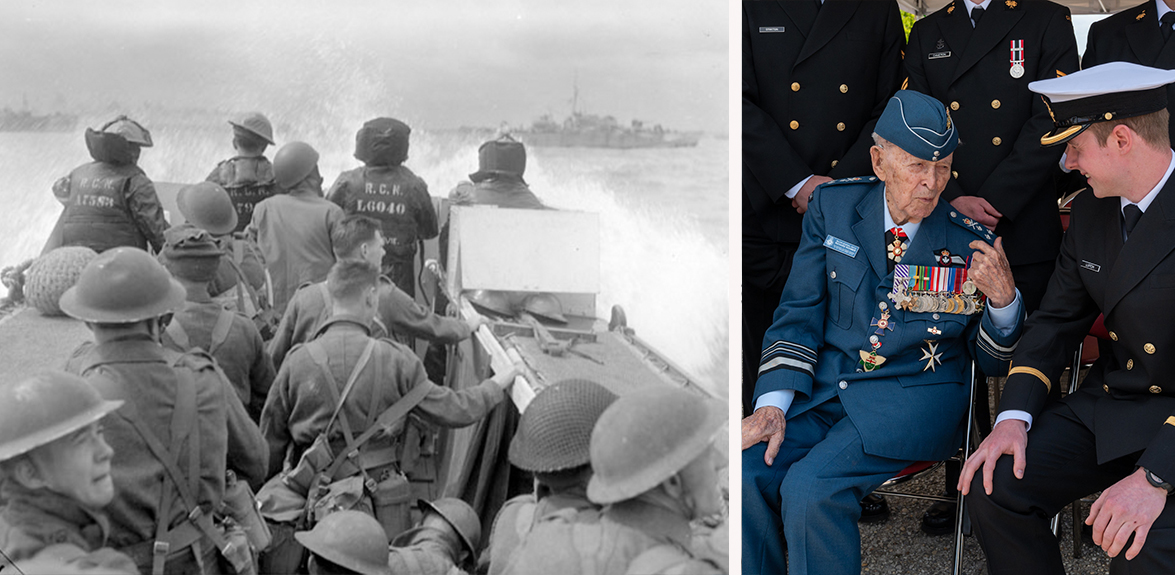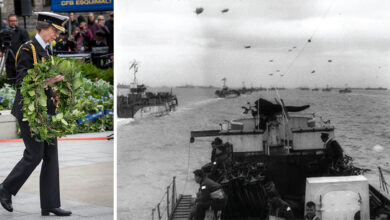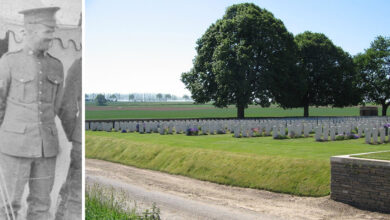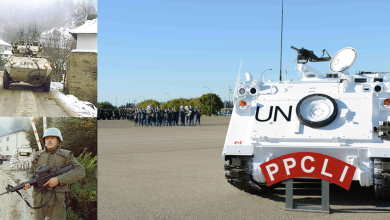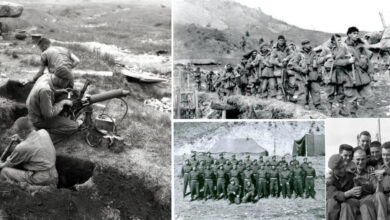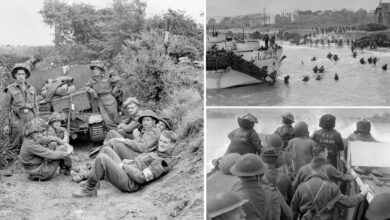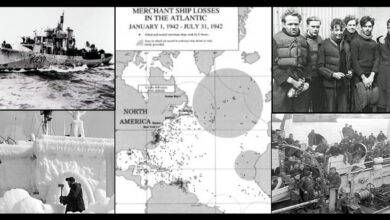History
Commemorating D-Day on its 80th Anniversary
Eighty years ago today, 150,000 Allied troops, 15,000 of which were Canadian, stormed the beaches of Normandy and forever changed the course of history in the operation known as D-Day.
The D-Day operation was a significant moment not only in the Second World War but also in military history, as it became the largest amphibious invasion ever.
D-Day became the catalyst for the Battle of Normandy, which changed the tide of the Second World War in the Allies’ favour.
“Eighty years ago today, almost 15,000 Canadians were part of the 150,000 Allied troops who stormed the beaches of Normandy during Operation Overlord. It was the beginning of a campaign that helped turn the tide of the Second World War and liberate Europe from German occupation,” said Minister of Veterans Affairs Ginette Petitpas Taylor and Minister of National Defence Bill Blair in a joint statement issued on the 80th anniversary of D-Day.
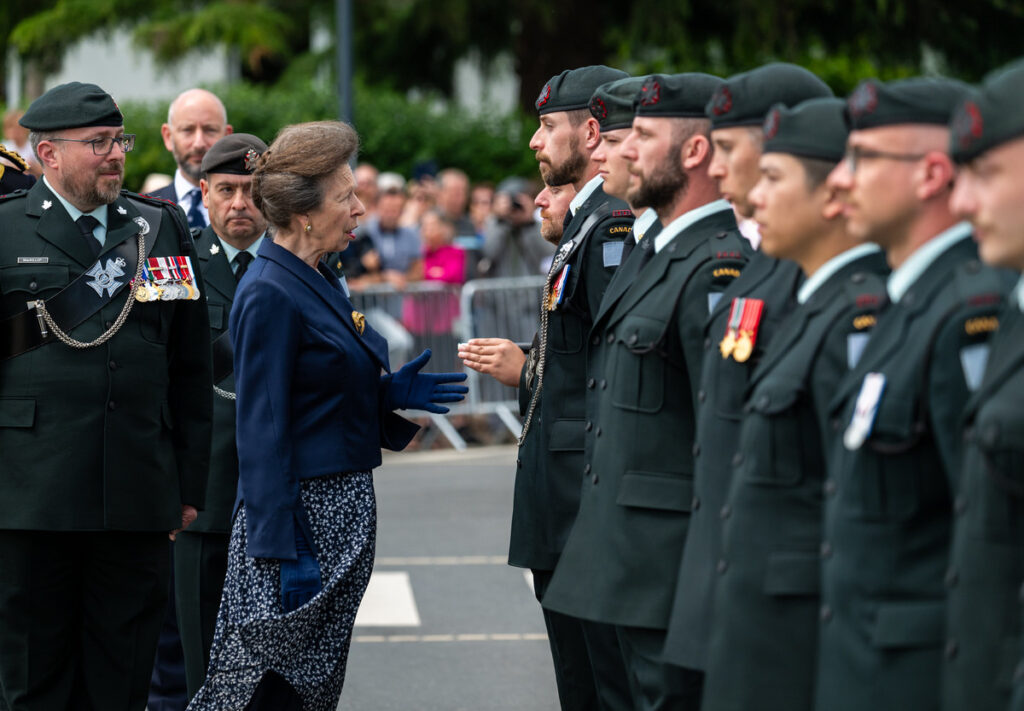
Canadians Fight Gallantly
D-Day took years to plan, and once ready to execute, the Allies waited until the weather, tides, and moon phase were optional to attack.
Canadian troops took on a prominent role during this historic attack, many of whom were from the 3rd Canadian Infantry Division and the 2nd Canadian Armoured Brigade.
The troops came ashore at Juno Beach, where they successfully captured their shoreline. They penetrated the farthest inland of all the allies and established an 8 km stretch on Juno Beach.

Photo: Ken Bell / Canada. Dept. of National Defence / Library and Archives Canada / PA-132474.
The Royal Canadian Navy contributed 110 ships with 10,000 sailors, and the Air Force contributed 15 fighter and fighter-bomber squadrons to the assault.
The five landing locations were secured by June 11, 1944, with the Battle of Normandy lasting 85 days as the Allies moved through France.
“We must remember the bravery and valour demonstrated by Canadians in Normandy. We must honour them, and the more than one million Canadians who served during the Second World War. We must pass on their stories for generations to come,” said Prime Minister Justin Trudeau in a statement released for the anniversary.
A Heavy Price Paid
The victory of D-Day and the Battle of Normandy came at a cost to Allied troops and Canadians alike.
“More than 1,000 Canadians were killed, wounded or taken prisoner on 6 June 1944. Others, like Bren gunner Norman Kirby of the North Shore (New Brunswick) Regiment, would survive the D-Day assault and go on to serve throughout the Battle of Normandy. By the time the campaign ended in August 1944, more than 13,000 brave Canadians had been wounded or taken prisoner and over 5,000 had given their lives,” noted the Minister of National Defence and Associate Minister of National Defence in their statements.
However, paying this heavy price meant the liberation of Europe.
“We must remember the bravery and valour demonstrated by Canadians in Normandy. We must honour them, and the more than one million Canadians who served during the Second World War. We must pass on their stories for generations to come,” noted Trudeau.
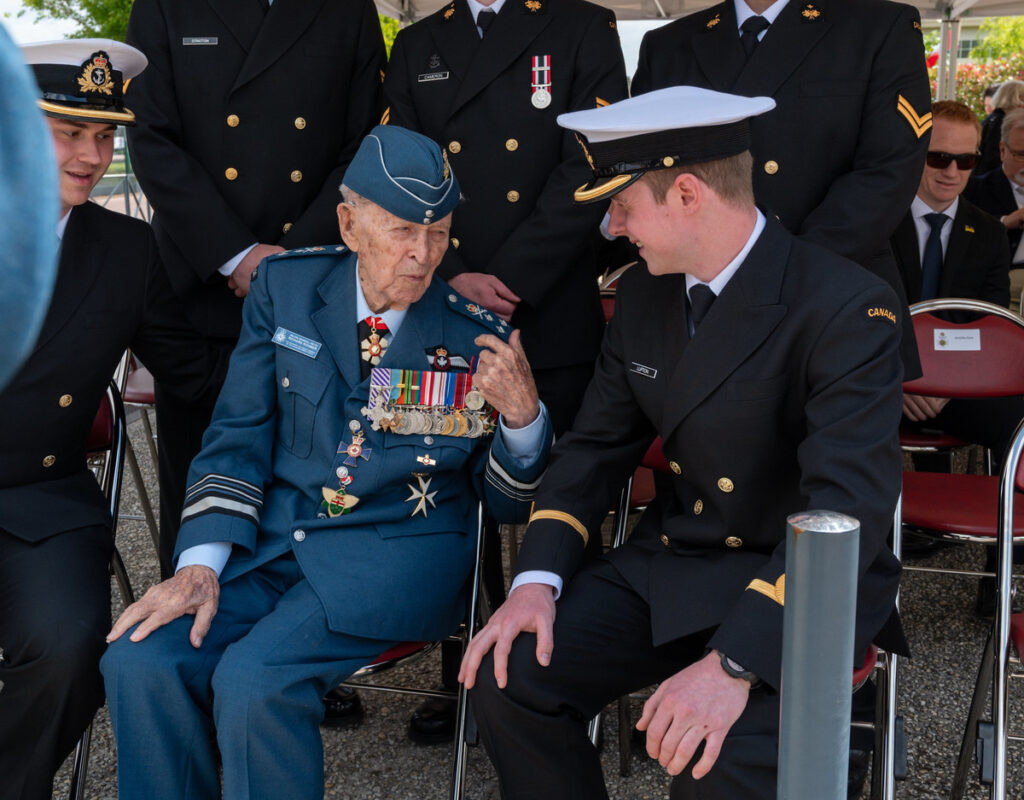
The Legacy Lives On
Decades later, the memory of D-Day lives on in the collective consciousness of Canadians. The Juno Beach Centre was established to “pay homage to the 45,000 Canadians who lost their lives during the War, of which 5,500 were killed during the Battle of Normandy and 381 on D-Day.”
The Centre held a special ceremony to commemorate this 80th anniversary. The ceremony included several days of events, including a candlelight vigil, a commemorative ceremony, and a visit. A great many visitors and tourists were expected for this event.
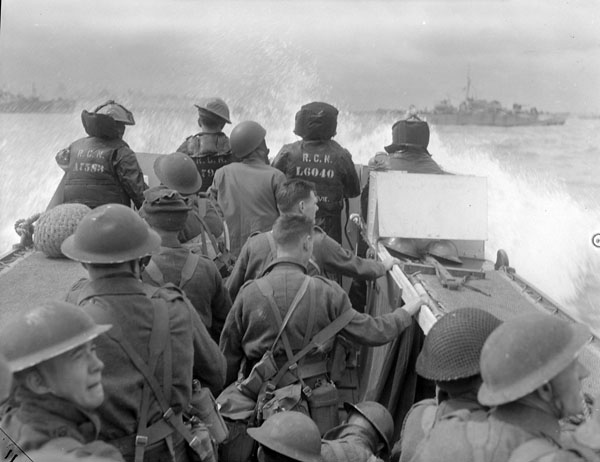
Here on Canadian shores, many events were also planned to commemorate the 80th anniversary in cities across the country.
In the National Capital Region, a ceremony was held in May at Beechwood National Cemetery, featuring interviews with Second World War Veterans. A commemorative ceremony was held at the National War Memorial with a wreath laying ceremony.


